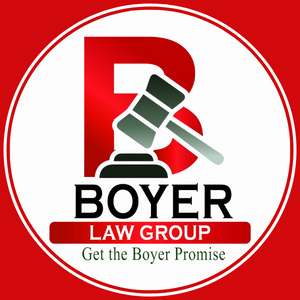The probate procedure in Michigan can seem confusing to many people, especially those who have little experience in the process. Some assets in certain circumstances must go through probate court, while other assets in certain circumstances do not.
A better understanding of the process helps all involved.
Assets subject to probate
The Stae Bar of Michigan describes probate and estate administration as the distribution of the property of a deceased person through the courts. This process begins with the gathering of the assets of the estate, includes the paying of debts and final expenses and ends with the distribution of the remaining assets. Assets subject to probate typically include these items:
- Solely owned and jointly owned property
- Business interests
- Life insurance values
- Retirement accounts
- Assets held in trusts
- Some retirement accounts
The courts will then decide who gets the remaining assets according to legally defined principles. A valid will helps in this process and makes things run more smoothly. In the absence of a will, the courts apportion the assets according to state law.
Non-probate assets
Some assets do not typically fall under the jurisdiction of a probate court upon the death of an individual. These assets typically have their own rules deciding who gets the remaining assets or property. The following assets often fall under the category of beneficiary designations and might not require any type of estate administration or court filings:
- Annuities
- Some life insurance policies
- IRAs
- 401(k) plans
In some cases, if the deceased failed to properly fill out a beneficiary form, these assets could fall to probate court. Proper estate administration can simplify the awarding of assets upon the death of an individual and reduce expenses.

